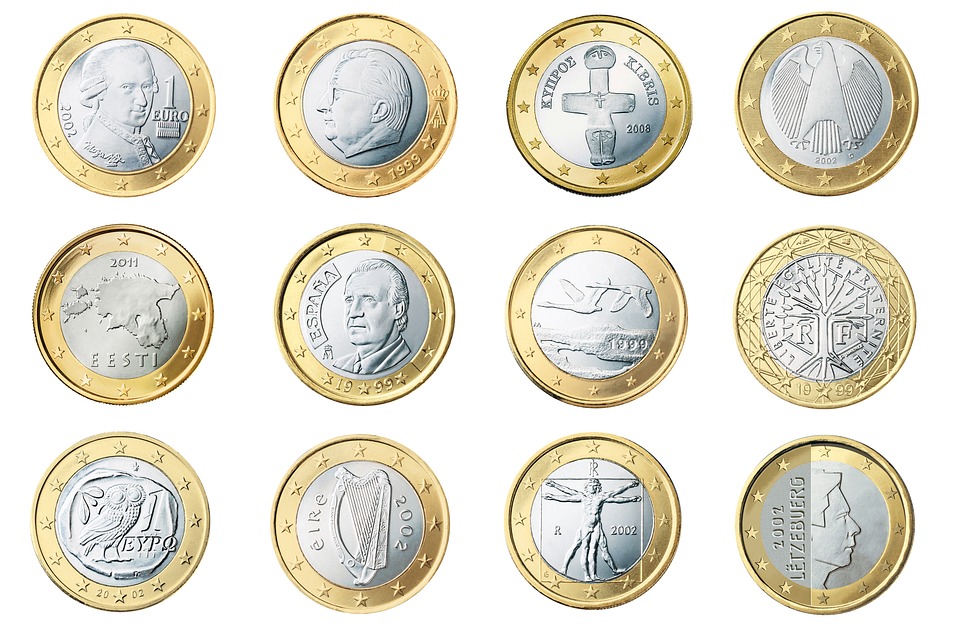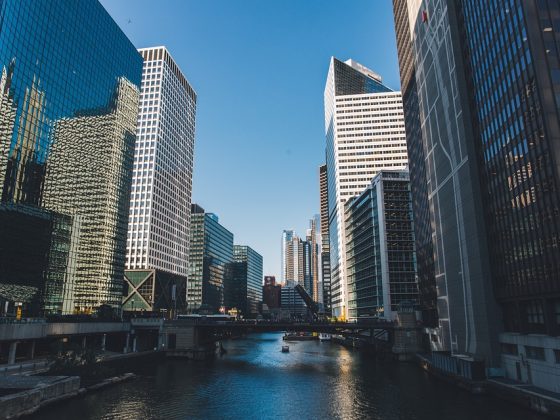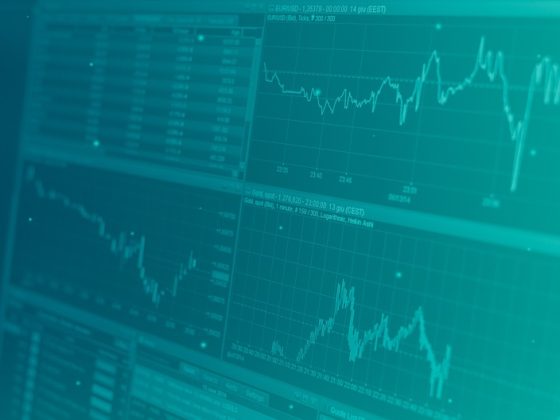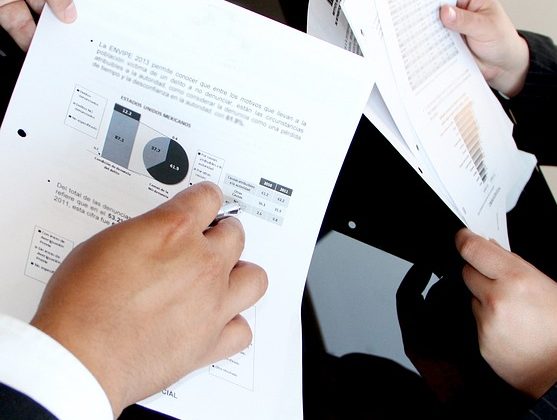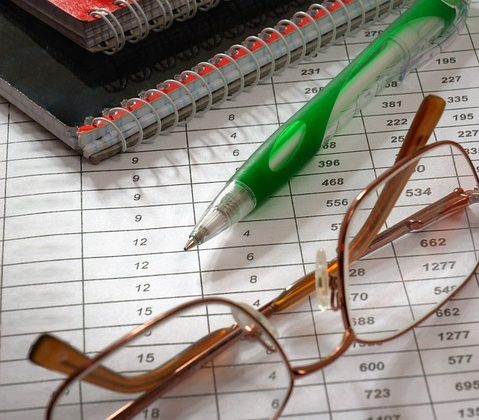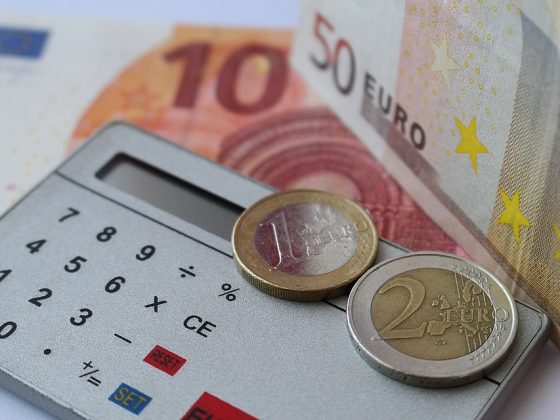Inflation Concerns Grow as Consumer Prices Continue to Rise
Inflation has been a hot topic in recent months as consumer prices continue to rise at an alarming rate. The recent surge in inflation has sparked concerns among consumers, economists, and policymakers alike, as the cost of living has increased significantly in a short period of time. With inflation showing no signs of slowing down, many are worried about the impact it will have on the economy and on their everyday lives.
The Consumer Price Index (CPI), which measures the average change in prices paid by consumers for goods and services, rose 0.9% in June, marking the largest monthly increase since 2008. This jump in consumer prices was driven by a variety of factors, including rising commodity prices, supply chain disruptions, and pent-up demand as the economy continues to recover from the COVID-19 pandemic.
One of the main drivers of inflation has been the increase in the prices of commodities such as lumber, steel, and agricultural products. These price increases have been fueled by a combination of factors, including supply chain bottlenecks, labor shortages, and strong demand from consumers and businesses. As a result, the cost of building materials, food, and other essential goods has risen sharply, putting pressure on household budgets.
Supply chain disruptions have also played a major role in driving up consumer prices. The global pandemic has caused disruptions in supply chains around the world, leading to shortages of goods and higher prices for consumers. Companies have struggled to keep up with demand as they deal with delays in shipments, labor shortages, and other logistical challenges. These disruptions have resulted in higher prices for a wide range of products, from electronics to household appliances to cars.
Another factor contributing to the rise in consumer prices is the pent-up demand that has built up during the pandemic. As the economy reopens and consumers return to normal spending patterns, there has been a surge in demand for goods and services. This increase in demand has put pressure on prices, as businesses try to keep up with the sudden uptick in orders.
The Federal Reserve has taken note of the rising inflation pressures and has indicated that it may need to start raising interest rates sooner than previously expected in order to curb inflation. The central bank has a dual mandate to promote maximum employment and stable prices, and rising inflation threatens to erode the purchasing power of consumers and undermine the recovery.
Concerns about inflation have also been heightened by recent wage increases, as companies compete for workers in a tight labor market. Wages have been rising at a faster pace than inflation, putting pressure on businesses to raise prices in order to cover their higher labor costs. This wage-price spiral can be a self-reinforcing cycle that leads to even higher inflation if left unchecked.
As inflation continues to rise, consumers are feeling the pinch in their wallets. Household budgets are being stretched as the cost of essentials such as food, housing, and transportation goes up. Many are being forced to cut back on discretionary spending in order to make ends meet, leading to a slowdown in consumer spending that could dampen economic growth.
Inflation concerns are also being fueled by the recent increases in energy prices, with the cost of gasoline, electricity, and natural gas all on the rise. This has a direct impact on consumers, who are seeing higher prices at the pump and on their utility bills. Rising energy prices can also lead to higher production costs for businesses, which can then pass those costs on to consumers in the form of higher prices for goods and services.
In response to the growing inflation concerns, policymakers are considering a range of options to address the problem. The Federal Reserve is likely to start raising interest rates in the coming months in order to tighten monetary policy and cool off inflation. Congress is also debating infrastructure spending and other measures to stimulate the economy and address supply chain issues that are driving up prices.
FAQs:
Q: What is inflation?
A: Inflation is the rate at which the general level of prices for goods and services is rising, and subsequently, the purchasing power of currency is falling.
Q: Why is inflation a concern?
A: Inflation erodes the purchasing power of consumers and can lead to higher interest rates, slowing economic growth, and higher costs of living.
Q: What causes inflation?
A: Inflation can be caused by a variety of factors, including increases in the costs of production, supply chain disruptions, strong demand, and government policies such as monetary and fiscal stimulus.
Q: How does inflation impact consumers?
A: Inflation can have a negative impact on consumers by increasing the cost of living and reducing the purchasing power of their income, leading to higher prices for goods and services.
Q: What can be done to address inflation?
A: Policymakers can address inflation by tightening monetary policy, increasing interest rates, implementing fiscal measures to stimulate the economy, and addressing supply chain disruptions.

